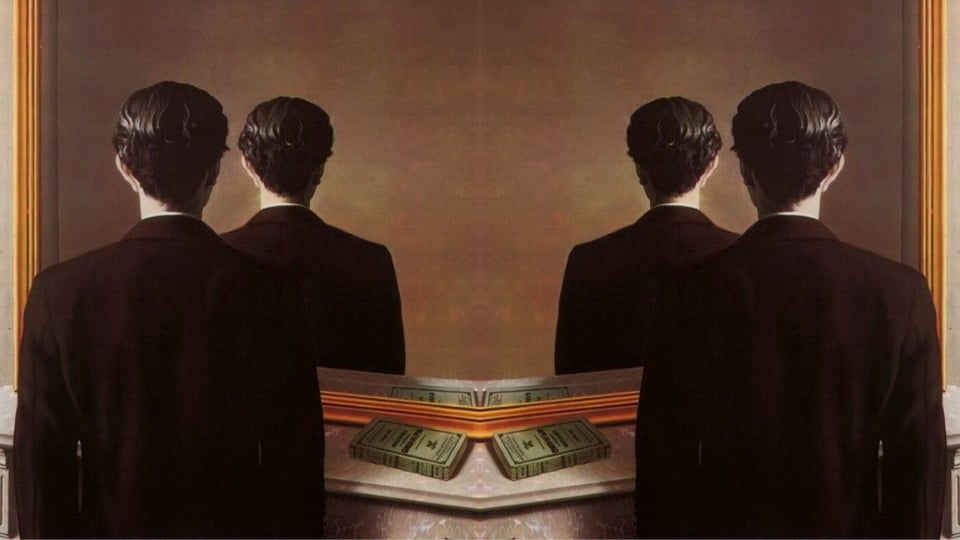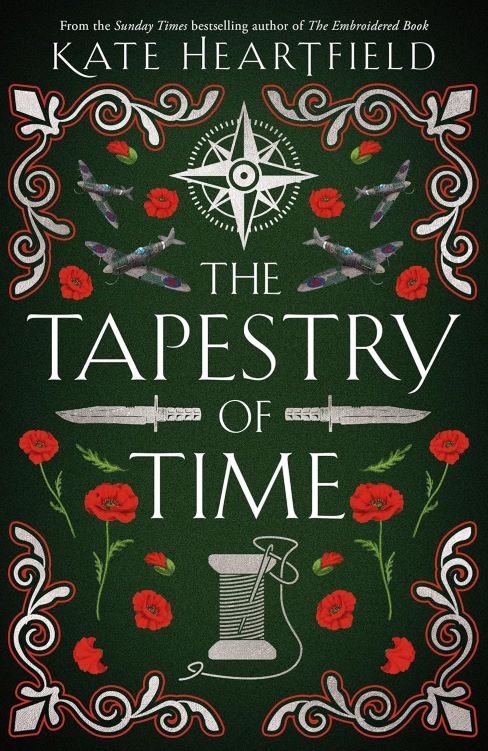Hi everyone! I'm really pleased to share that The Valkyrie has been shortlisted for the Aurora Award for Best Novel. It shares the ballot with Bad Cree by Jessica Johns, Marigold by Andrew F. Sullivan, Moon of the Turning Leaves by Waubgeshig Rice, and Silver Nitrate by Silvia Moreno-Garcia. It's a tremendous honour to see my book in that company, and I can honestly say that no matter who wins in the ceremony on August 11, I'll be cheering wildly. I'm a huge fan of Waubgeshig's work in particular, which has reshaped the way I think about the future.
As it happens, the subject for this newsletter is reading. Lately, I've been hungry for books that don't colour inside the lines. There has long been pressure on writers, especially in genre, to create a frictionless reading experience: a narrative that has a familiar shape, and sentences that don't make you stop to think. (For the record, many of my favourite books meet this definition. It's not a bad way to write; I just don't think it's the only good way to write.) These days, that pressure feels stronger to me, for a few reasons.
A few weeks ago, an independent publisher announced that they were going to use an "AI" tool to sort submissions. (Using an Israeli AI startup, no less, at a time when the government of Israel is using “AI” surveillance methods to target human beings.) They backed down once the speculative-fiction community reacted, but other publishers will use these kinds of tools (I'm sure some already are). Indeed, one of the reasons publishers feel tempted is that generative "AI" is ballooning the numbers of submissions.

Even if I trusted the industry that seems hell-bent on degrading our grammar-checkers and search engines to judge novel manuscripts with basic competence, I would be appalled. That submission sorting tool promises to "highlight the submissions you should take a second look at" based on a "report card" judging "story development" and "writing." What’s likely to fall through the net? Dialect. Story structures from cultures outside dominant classes and countries. Experimental or transgressive writing of any kind.
Publishing already has a tendency to make space for books based on how closely they resemble other (successful) books. But that tendency has at least been mitigated by its tradition of editors being valued for their expertise and their subjective judgments.
Tools that judge a piece of art using a checklist or predictive goop serve the interests of anyone who wants to make sure that all art looks the same, and that humans do not challenge themselves to think in new ways. The fact that humanity is veering toward fascism at the same time that it is embracing these tools is something I worry about a lot these days.
So that's why my soul has been particularly nourished by books in styles that feel wonderfully unpredictable, wonderfully human, because they are rooted in what the author was trying to do with that book.
I'll recommend these two:
The Annual Banquet of the Gravediggers' Guild, by Mathias Enard, tells the many stories of eternally reincarnating people, animals and objects in rural France, over many hundreds of years. It's told in a mix of wildly different voices and formats. I read it in the English translation by Frank Wynne, which is itself a marvel, as the novel is packed with fascinating turns of phrase and allusions.
The Ragpicker, by Joel Dane, comes out in July. It's about two characters moving across the landscape of a future Earth, seeing the world through the fragments of the information we've left behind. The form fits its content, and sometimes the language and structure breaks in interesting ways. I suspect any "submissions sorting" software would have put it into the bin. I cannot endorse it enough.
I've just finished reading over the proof PDF for The Tapestry of Time, which is, as it happens, about some of the ways in which fascism fights for control over narrative. This was a difficult book to write, but I’m very proud of the result. And we have a cover! It’s designed by Toby James, and I’m very impressed with how it manages to capture so much about this novel.

In other news, I was recently a guest on the Shining Moon podcast episode about writing media tie-ins, and recorded an interview for the Write Now with Scrivener podcast that should be out soon.
On May 3, I'll be the host for an event at the Ottawa International Writers Festival called Lovers in a Dangerous Time with Emily Austin, Loghan Paylor and Christina Cooke.
Finally, a bit of news about this newsletter itself: I'm going to a more regular schedule: every second Friday. Thanks for sticking around, and please tell a friend about the newsletter if you enjoy it — as social media fractures, it’s harder to build communities and conversations, so I appreciate it.
You just read issue #9 of Kate Heartfield's Newsletter. You can also browse the full archives of this newsletter.
